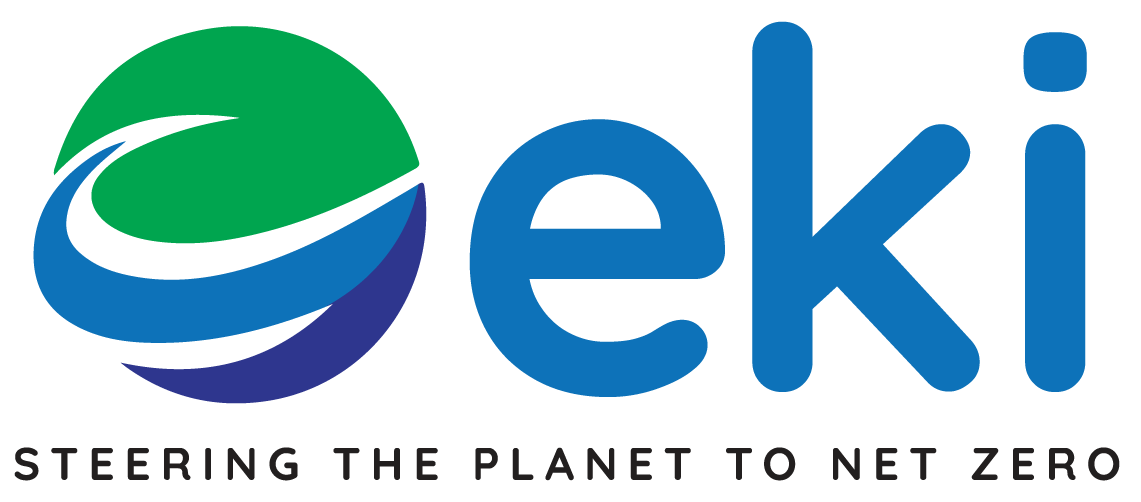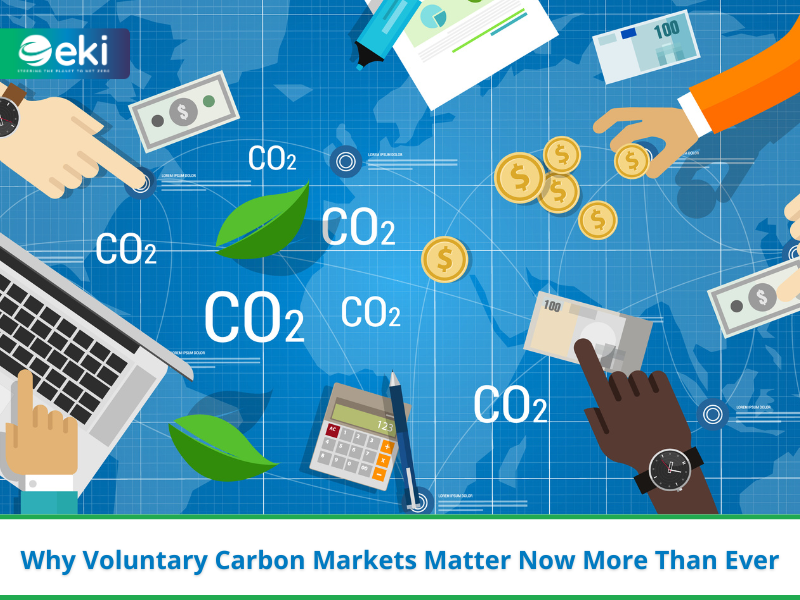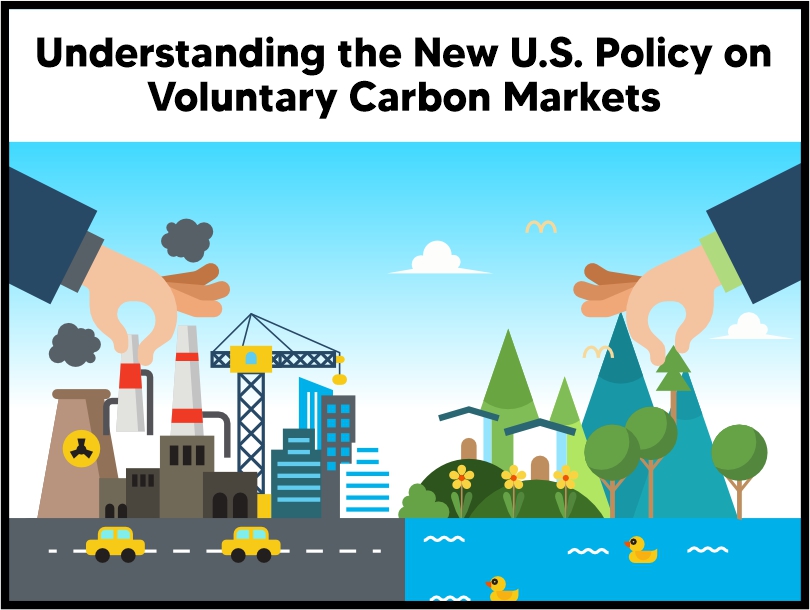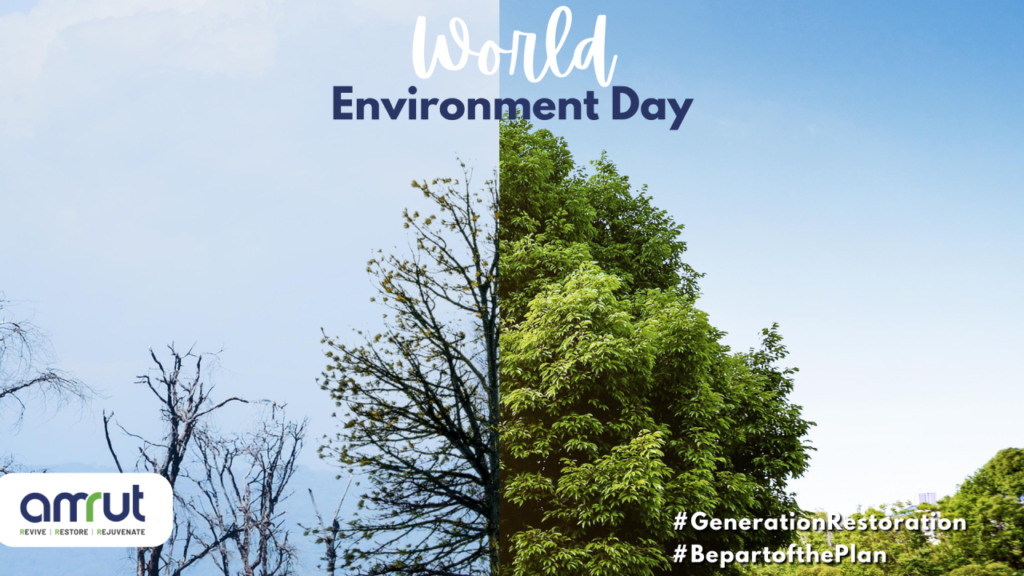The three R’s – Reduce, Reuse and Recycle is probably one of the first thoughts that cross your mind when anyone mentions “waste management”. Yet, seldom does this translate into concrete everyday action by us humans to either reduce waste or reuse or recycle with an aim to consciously contribute to limit waste generation.
And so, waste is poorly managed and end up getting piled into landfills becoming a health hazard for humans, animals and the environment alike. These landfills are growing every hour and emit lethal gases like methane, CO2 amongst others. Landfills are among the largest sources of methane, therefore, it requires immediate reductions.
In addition, organic waste management needs to be properly handled otherwise it can result in serious environmental and health issues. Though organic waste, including human waste, food waste, paper waste, green waste, manure, sewage and slaughterhouse waste is biodegradable, it results in methane emissions, which have more potential than carbon dioxide in influencing global temperatures and a major contributor to global warming.
Effective Waste Management for a Greener tomorrow
Each one of us can help change the current waste management scenario. Simply sorting our household wastes is one of the most effective ways to control domestic wastes. An efficient waste management involves the handling of waste, of any kind, from the time it is produced to its disposal.
Environmental benefits of effective waste management:
- Improved air and water quality as well as reduction of greenhouse gas emissions
- Pollution reduction and reduced energy consumption – extracting and processing resources to make usable materials like paper, plastic and metal require a lot of energy which can be saved by recycling waste
- Sustainable and greener environment as well as the safety of human health
- Conservation of natural resources including minerals, water and wood
- Reduced landfills and incinerators
Circular Economy and Waste Management
According to UNEP’s report – Global Resources Outlook 2019, over the past five decades, annual global extraction of primary materials grew from 27 billion tonnes to 92 billion tonnes and it is expected to double again by 2060 on the current trajectory. While this is unsustainable, it also has significant detrimental impacts on climate change and human health.
A ‘circular economy’ model provides a basis for a sustainable and competitive economy. By incorporating the concept of circularity during production and consumption and by maximizing resource utilization, we can maximize the value of materials that circulate within the economy, minimize material consumption and prevent waste from being generated.
For example, an animal farm can use its manure or animal waste to generate biogas. This biogas can be used to generate electricity or can be used for cooking. After extraction of biogas, the decomposed organic matter can be used as organic compost in farming which further reduces dependence on chemical fertilizers and hence reduces emissions of nitrogenous compounds into the atmosphere.
Policy Initiatives for Efficient Solid Waste Management
Waste management is a global challenge. Dumped, burned, or unmanaged waste hurts the environment, harms human health, and hinders economic growth in developed and developing countries alike. Governments across the world and local communities need to increasingly collaborate to solve this growing problem. An integrated waste management approach needs to be a crucial part of the sustainable development strategies of all countries.
(SATAT), a developmental effort to provide a Sustainable Alternative Towards Affordable Transportation, is a great initiative that aims to ensure efficient municipal solid waste management and tackle the problem of polluted air due to carbon emissions and farm stubble-burning. It encourages entrepreneurs to set up Compressed Bio Gas (CBG) plants, produce & supply CBG to Oil Marketing Companies (OMCs) for sale as industrial fuels and automotive. It will result in better use of cattle dung, agricultural residue and municipal solid waste as well as generate additional revenue source for farmers through crop residue sale.
Carbon Credits from Waste Management Projects
In the case of waste management, the benefits related to GHG emission reduction or avoidance, can be monetized in the form of carbon offsets which creates a win-win situation at both ends – the organization successfully completing waste management project and the community.
There are two main areas of GHG emission avoidance in the case of waste management projects: –
- The organic waste that is processed, if left to decay anaerobically in a landfill would create methane emissions which are 28 times more potent when compared to carbon dioxide. One can seek expert guidance on how to avoid those potential emissions.
- After processing the waste, the resultant output and by-products have economic value and replace other emission sources e.g. Bio-CNG replaces fossil fuel origin CNG, electricity or heat generated from biogas replaces grid electricity or LPG used for cooking, compost replaces nitrogenous fertilizer use and so on.
The Time for Action is Now
Improper waste management is creating another global crisis. Waste in many different forms is dumped on the planet and if not properly dealt with, its threat to public health and the environment can be devastating. Urgent action is critical to ensure safer lives, livelihoods and the environment as well as sustainable, inclusive and healthy cities and communities.
Many solutions already exist, just urgent action is needed at all levels of society!

